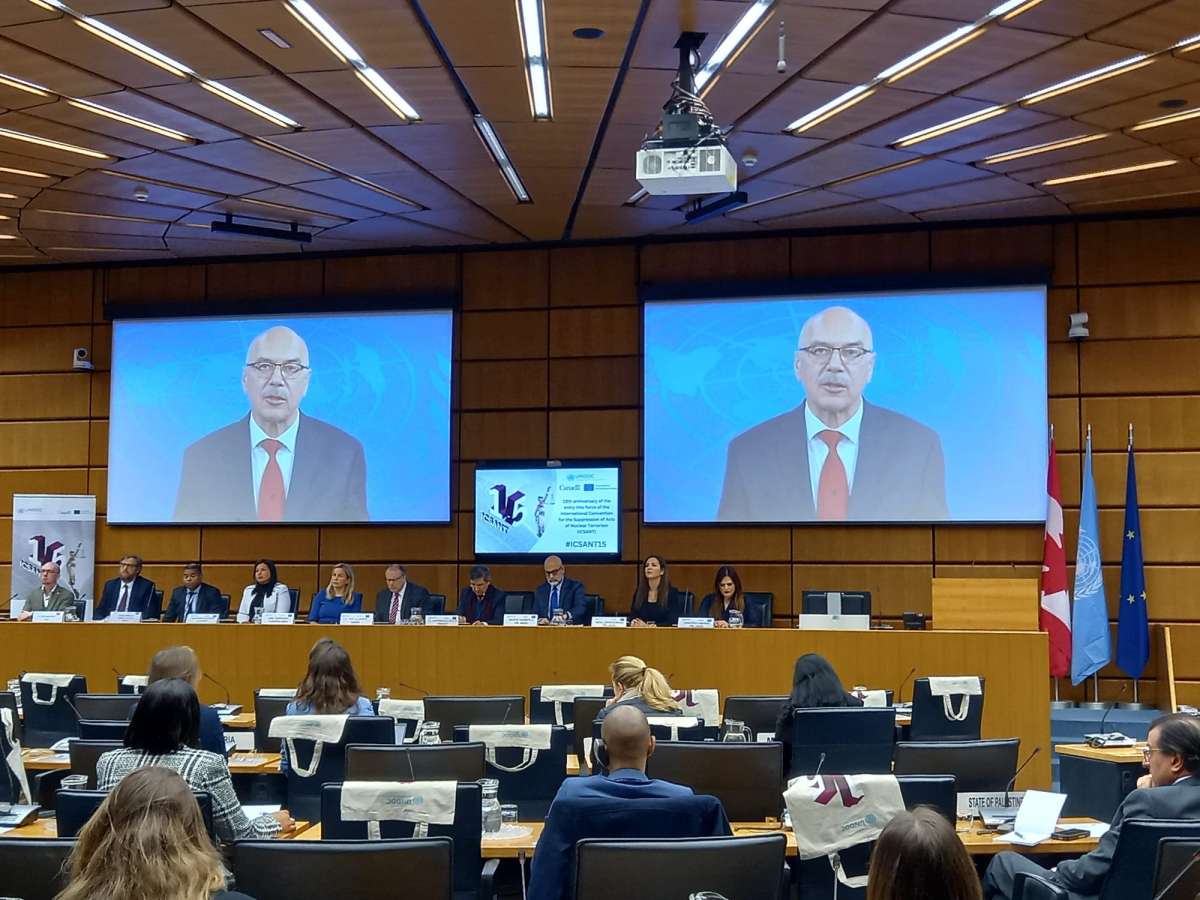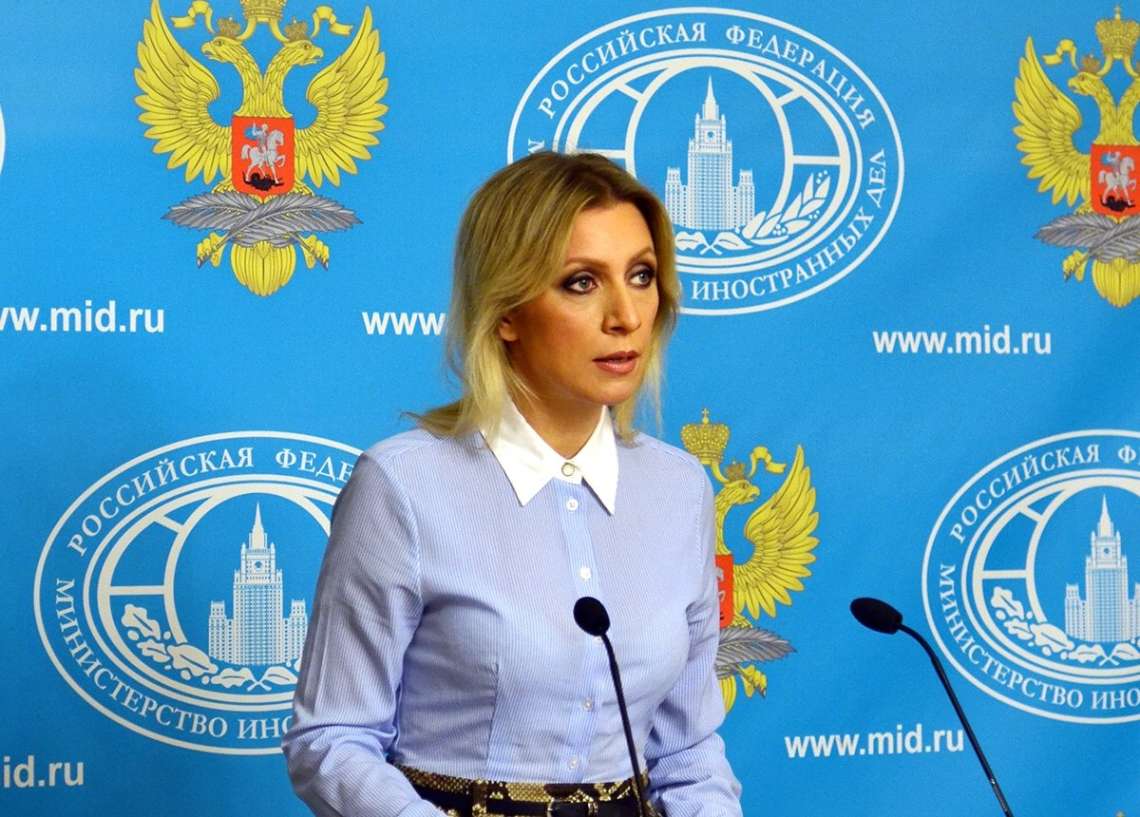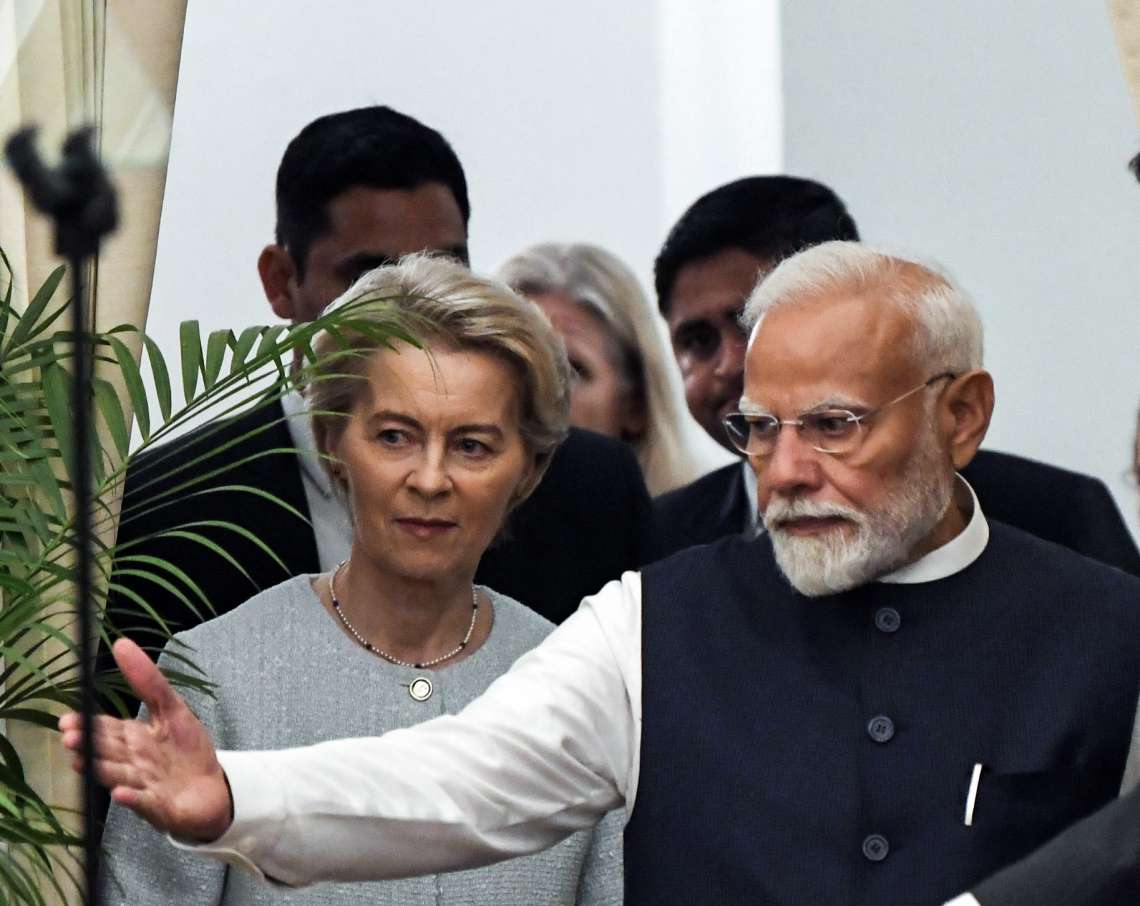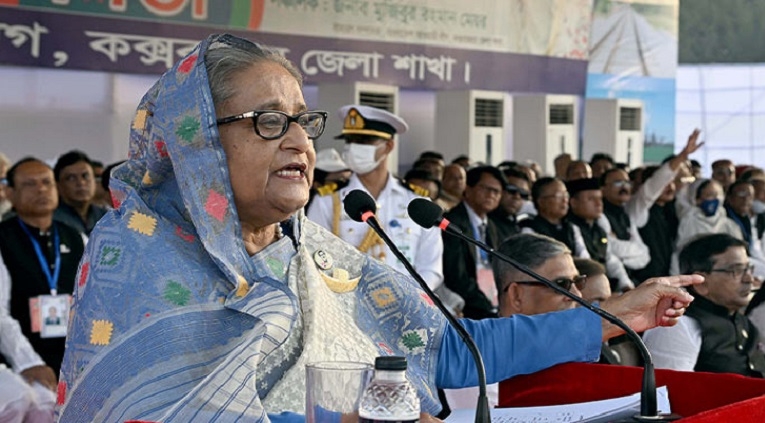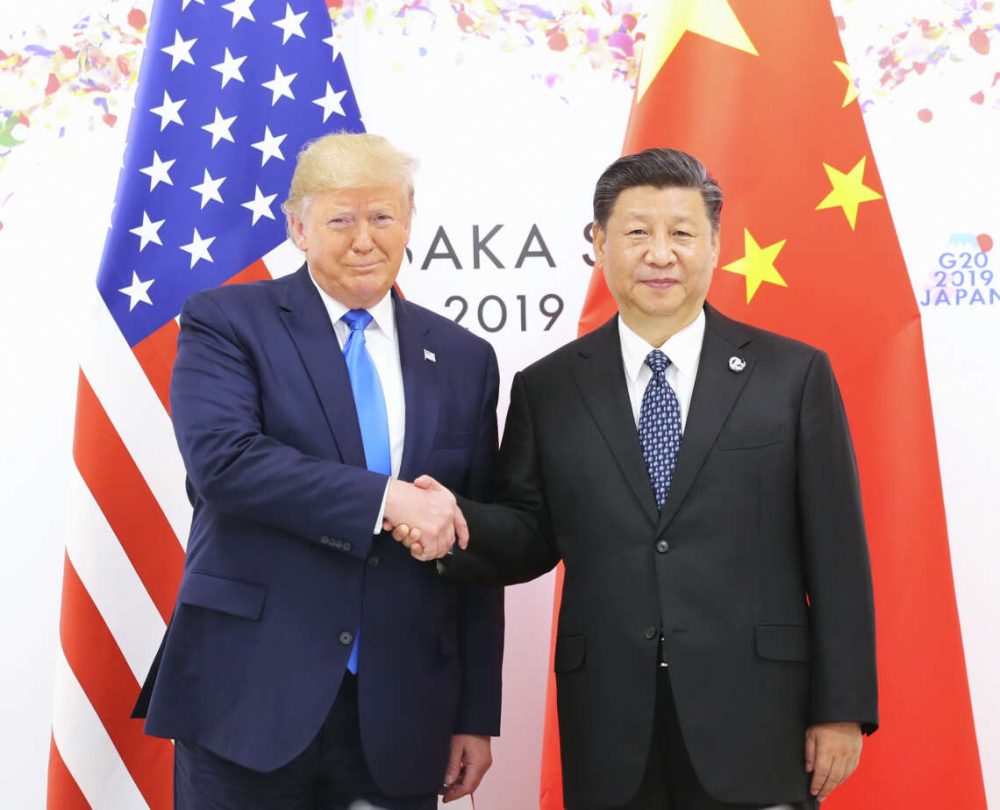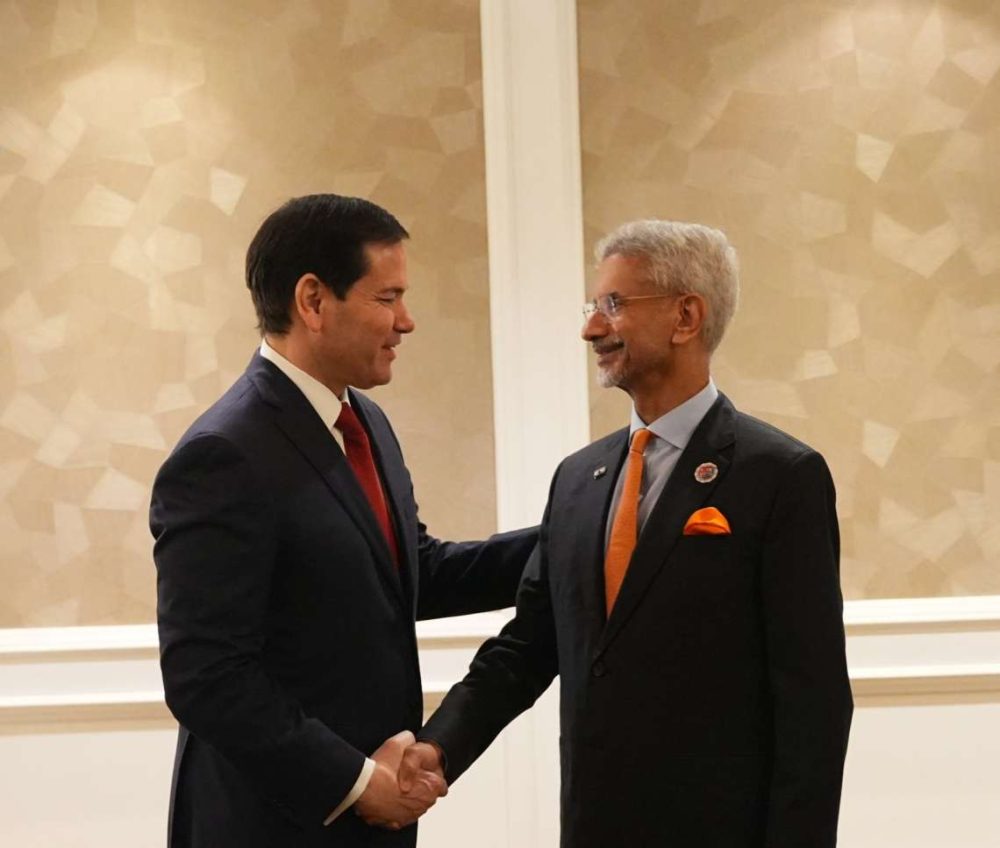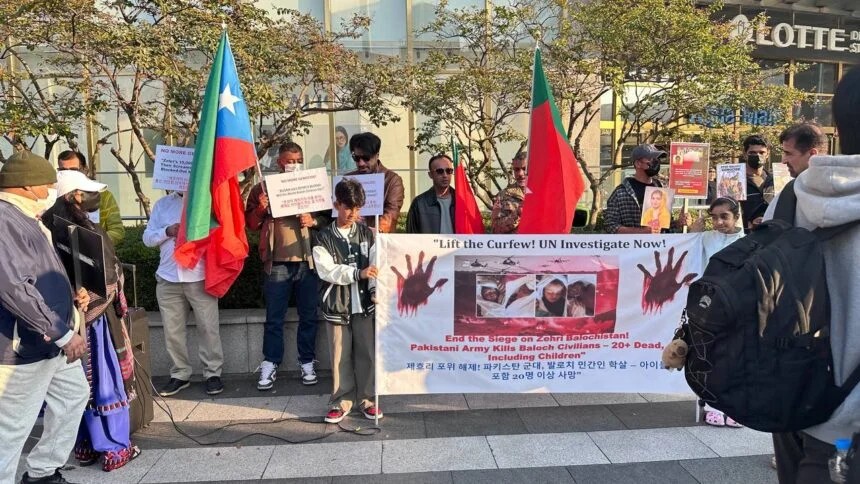Voronkov, who heads the UN Office of Counter-Terrorism, stressed the importance of preventive action….reports Asian Lite News
UN Undersecretary-General Vladimir Voronkov has said that addressing the complex conditions driving terrorism requires multi-faceted and integrated responses.
Whole-of-society approaches should be community-based, conflict- and gender-sensitive. Engaging a multitude of stakeholders is indispensable for devising such strategies, Voronkov told the UN Security Council in a briefing, Xinhua news agency reported.
This includes not only civil society organisations, religious leaders, youth and women’s groups, and the private sector, but also victims and survivors of terrorist acts, he added.
Voronkov, who heads the UN Office of Counter-Terrorism, stressed the importance of preventive action.
“There is no better and more efficient remedy to the threat posed by terrorism than prevention. The international counter-terrorism experience over the past 20 years demonstrates the limits of focusing on the necessity of security forces responding to imminent or actual terrorist acts without also addressing the conditions that lead to terrorist acts,” he said.
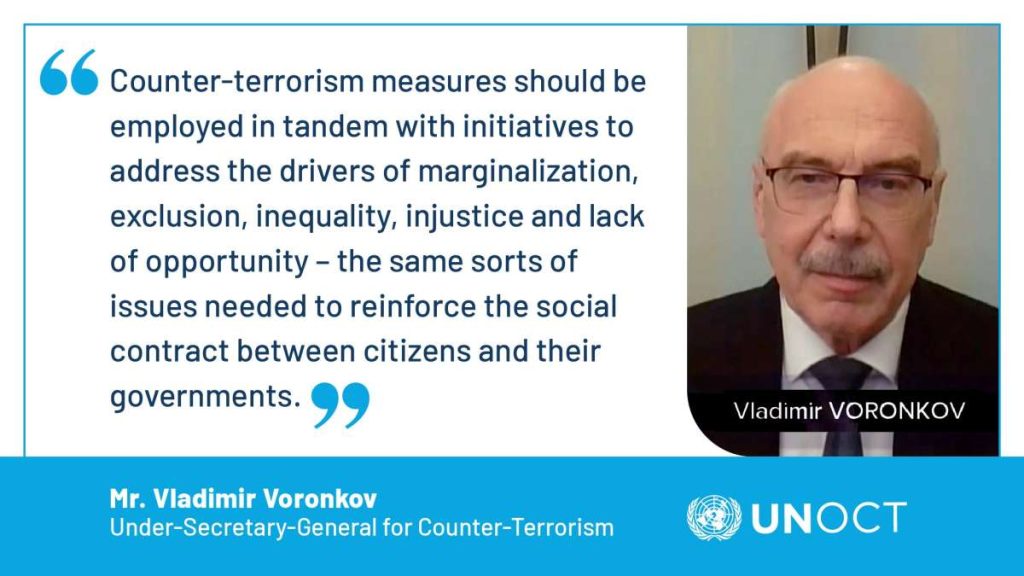
Counter-terrorism measures should be employed in tandem with initiatives to address the drivers of marginalization, exclusion, inequality, injustice and lack of opportunity, he said.
Voronkov also stressed the importance of leveraging regional arrangements.
As the threat posed by terrorism is transnational, so too should be the responses. Regional-based approaches offer an opportunity for tailoring responses to specific contexts, he said.
It is for this reason that the UN Office of Counter-Terrorism is co-organising with Nigeria a summit on counter-terrorism in Africa, which presents an important opportunity to reconsider how the United Nations could further support counter-terrorism efforts in Africa, he said.
Human rights must be at the centre of effective counter-terrorism responses, asserted Voronkov. “Upholding the rule of law and respecting international law, including human rights law, is both a legal and moral obligation, and an operational requirement. Well-established principles, norms and standards should feature front and center in our efforts to counter the threat posed by terrorist acts.”
Despite continuing leadership losses by al-Qaida and the Islamic State, terrorism in general has become more prevalent and more geographically widespread, affecting the lives of millions worldwide, he added.
In recent years, terrorist groups such as the Islamic State and al-Qaida and their affiliates have continued to exploit instability, fragility and conflict to advance their agendas. This has been the case, particularly in West Africa and the Sahel, where the situation remains urgent, as terrorist groups strive to expand their area of operations. The activities of such groups have also contributed to the deteriorating security situation in other parts of the continent, particularly in central and southern Africa, he said.
In Afghanistan, the sustained presence of terrorist groups continues to pose serious threats to the region and beyond, as some groups maintain ambitions to conduct external operations, he warned.
The persistent global threat posed by terrorism not only requires the Security Council’s continued attention, but also calls for a renewed collective approach, said Voronkov. “And in this regard, I reiterate the secretary-general’s call for strengthening multilateralism as a matter of necessity and not of choice.”


